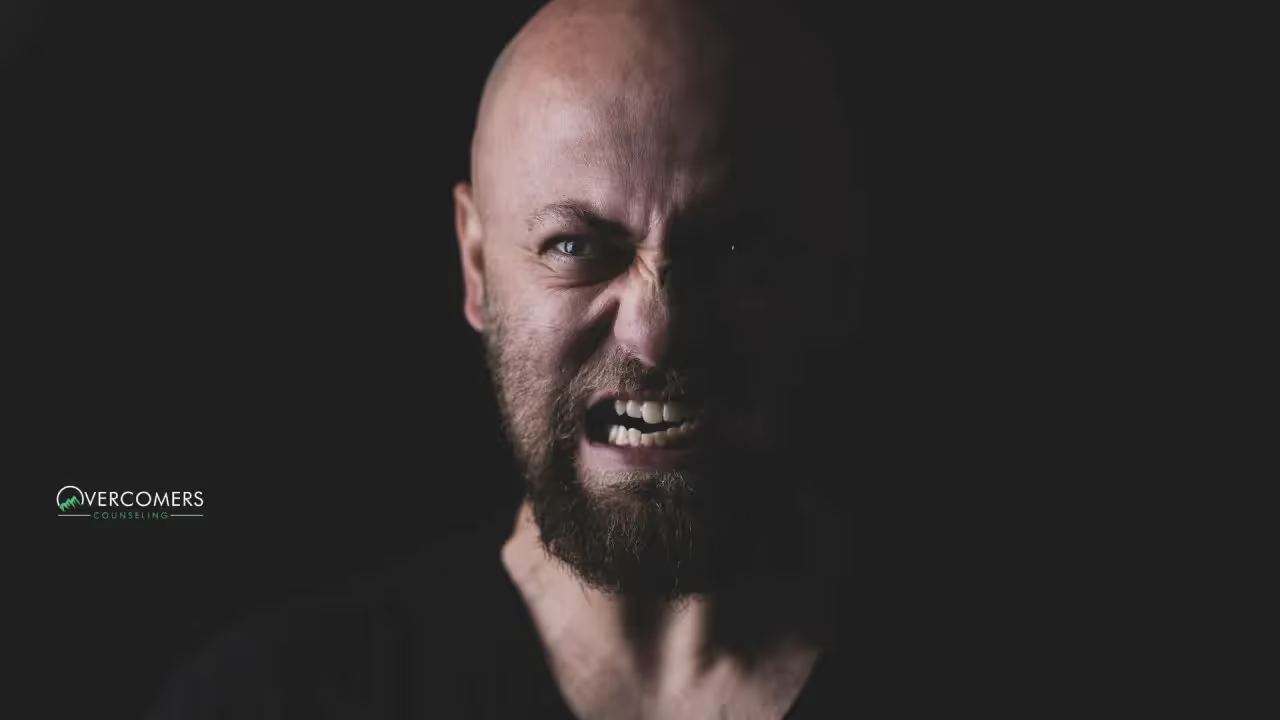Those who have experienced the devastating loss of a loved one know all too well that it will feel like their whole world has been turned upside down. It...

Those who have experienced the devastating loss of a loved one know all too well that it will feel like their whole world has been turned upside down. It comes as a shock to some people because they were preparing themselves to experience sadness. Instead, they may feel anger. After the death of someone you love, it's normal to feel angry. However, without proper grief support and counseling, you may find it difficult to cope with all the sudden, intense feelings that arise. Many people often wonder why this had to happen to them; there are many reasons why we might feel angry when someone passes away. One of the reasons why you are angry at the deceased is because you may be angry at the person for leaving you. As irrational as it sounds, it is true. Many people may feel angry at the deceased because of how the loss of their loved one makes them feel. Sometimes, the feeling of sadness can feel very overwhelming, and they get angry at the deceased for dying and making them hurt. The death of some importance in your life can leave you angry at the deceased because of the reality of your life without them. Learn more details about why you are angry at the deceased below.
If anger is a typical and expected reaction when we are threatened, it stands to reason that we would be angered when a loved one dies. So many of the emotions we experience while grieving the loss of a loved one threaten our health and peace of mind. Anyone who has lost someone close to them understands how lonely it can be. It's painful to move on without someone who was instrumental to your happiness or fulfilled a specific need. When someone you care about dies, they leave a hole in your life that only they can fill. A wife who has lost a husband, for instance, will feel the void left by the deceased, and this can stir feelings of anger towards the deceased for leaving them. When you stop to consider it rationally, the deceased may not have had any control over whether or not they were going to die. In this case, your anger may not be aimed at them; it may simply be a way for you to express how much they are missed.

You may feel like you're being punished for something you have or have not done, and you may question what you did to deserve it. When someone dies, your anger isn't just for them; it's for everyone and everything. Many people wonder why their loved one passed away, despite the fact that "the world is filled with so many bad people." Perhaps you only learn about a hidden illness or addiction after the person has passed away. Perhaps you feel resentment toward the deceased for abandoning you, or perhaps you blame yourself. You may even blame the medical community, God, or the universe for failing to recognize the signs of the deceased's illness or for not protecting them. This anger you feel, in this case, encompasses all.

During the period of mourning, there are numerous situations that can cause additional stress. This level of stress can affect your mental and physical health. Anger is a natural reaction to feeling threatened by your level of stress. Frequently, we are burdened with additional responsibilities involving funeral planning, difficult, anxious children, estate management, and schedule disruptions. You may have neglected responsibilities while dealing with a loved one's terminal long-term illness, and now you feel the weight of everything you neglected. Also, if you are socially anxious or more introverted, you experience the stress of more social situations. In such instances, you are likely to have more people calling or texting you for details and to check on you. These are threats to your mental health, which can lead to anger towards the deceased.
When you're feeling grief, you've lost something or someone very important to you. It's possible for the grief to be so intense that it consumes your entire being. Feelings of loss, sadness, loneliness, emptiness, and gloom all contribute to the experience of grief. These emotions are draining, and holding on to them for too long can lead to resentment toward the deceased. Anger can arise from exhaustion from grieving over a lost loved one. In fact, you're feeling exactly how anyone else would. No one wants to go through life depressed and lonely after losing a loved one. The pursuit of happiness and rich life is something that unites us all. At some point, the overwhelming sense of loss and despair that accompanies grief can give way to resentment directed at the deceased.
Anger can be a significant part of the grieving process, depending on the type of loss you've experienced. We all occasionally feel angry. It is commonly used as a response to trying circumstances. Although it is a natural part of the grieving process, it isn't always the first thing that comes to mind. Feelings of grief and other powerful reactions are common after a tragic loss. Anger and irritability can stem from a range of negative emotions, including frustration, confusion, and shock. Anger is a normal reaction to loss, and it is a normal part of the grieving process. The process is personal, and you should feel no shame when you feel that way.
Remember that these feelings are common and that there are strategies available to help you deal with anger. Your ability to control your anger can be improved with the help of grief support and counseling. Here are reasons why you are angry at the deceased, you're angry at the person for leaving you, you feel helpless and angry at God, the universe, or even yourself for being unable to prevent this person's death, stressful situations you have to face after a death, you are hurt, you just want it to stop, and anger is a stage of grief.
It can be difficult to know what to say to someone who is grieving, but sometimes simply being there for them and offering your support can be helpful. You might try saying something like, "I'm here for you if you need to talk" or "I'm sorry for your loss." You could also offer to help with practical tasks such as running errands or cooking meals.
The stages of grief, according to the Kübler-Ross model, include denial, anger, bargaining, depression, and acceptance. However, it's important to note that not everyone will experience all these stages, or in this order. Grief is a highly individual process.
Grief can be particularly intense in the early days following a loss. However, it's not uncommon for grief to become more pronounced at certain times, like at night or in the morning. This can be due to the mind being busy processing the events that happened.
Complicated grief, also known as prolonged grief disorder, is when intense grief symptoms continue for an extended period, often longer than six months. This type of grief can result in difficulty resuming normal life activities and can lead to sleep problems.
There is no set timeline for overcoming a breakup. Everyone deals with grief in their own way and on their own time. While some may be able to move forward quickly, others may take longer. Remember that it's normal to experience a range of emotions as you heal and don't rush the process.
Dealing with grief involves allowing yourself to experience grief, seeking support from family members or a mental health professional, and taking care of your physical health. It's also important to remember that everyone grieves differently and there's no "right" way to grieve.